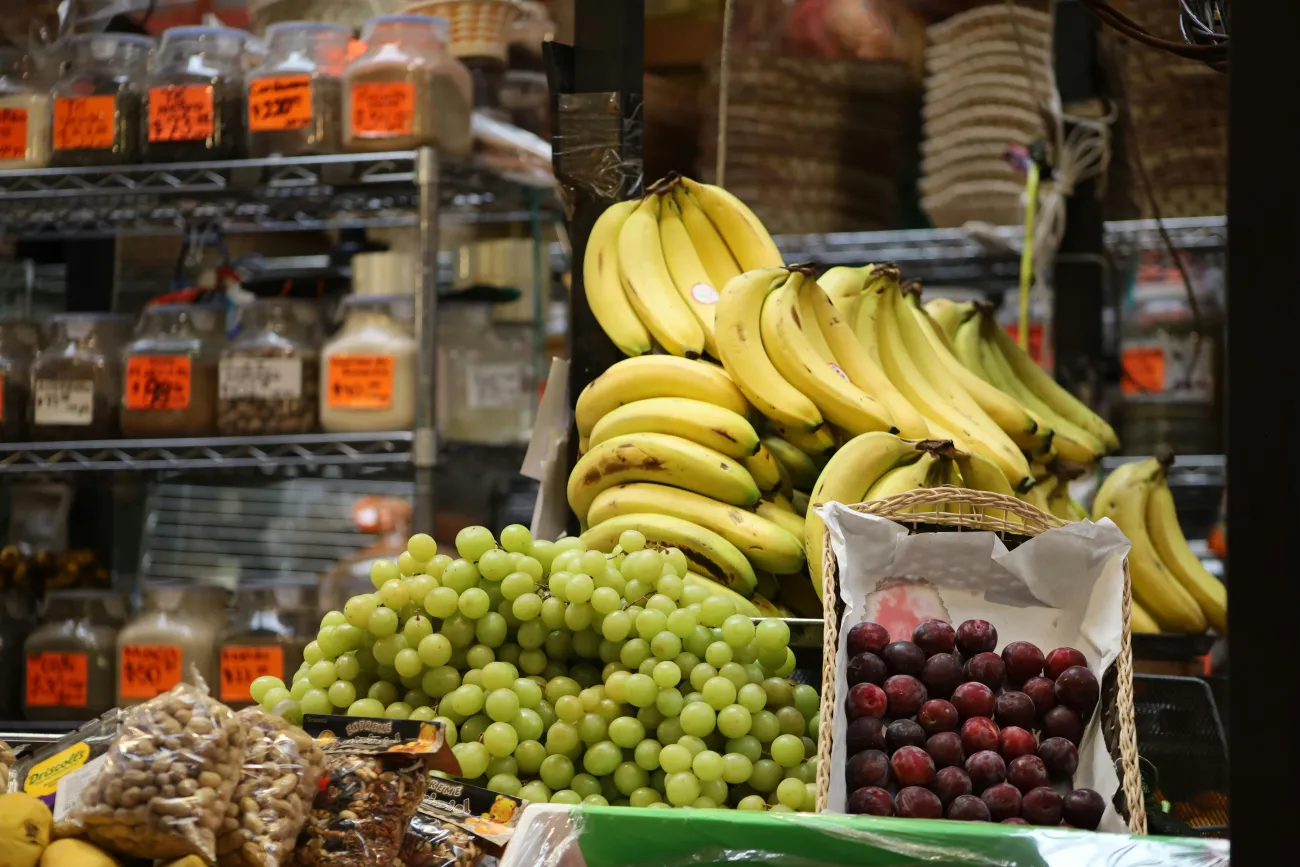This book, edited by Andrew Kennedy and Jennifer McEntire, examines issues of food traceability throughout the food system, including current challenges, research and potential solutions.

Publisher’s summary
This book provides a picture of food traceability for all aspects of the food system, recognizing the unique differences, challenges, and "states of the industry" in different types of food products, as well as the different pressures and opportunities at different points in the supply chain and the research that has already been done.
It also provides some historical context, along with the types of solutions available to the food industry, and the benefits associated with better recordkeeping that go beyond the public good and impact the bottom line.
Whenever a food related outbreak occurs, traceability is called into question.
When lives are at stake, it is critical that the root of the problem is quickly identified to prevent further illness.
Once the problem is found, it's just as important to contain it quickly.
Too often, recalls expand because implicated product is not readily accounted for. Mention of traceability stirs fear for many in the food industry for several reasons: within a company, it's not clear if responsibility for traceability lies with food safety professionals involved in recalls, supply chain professionals who understand product movement, IT professionals who build and maintain the recordkeeping systems, or regulatory professionals who need to respond to government requests for information.
There is also a sense that traceability is someone else's problem.
Few firms admit that they are the weak link and instead tout how quickly they can perform mock recalls.
But traceability is about more than just recalls. It is about the connectivity of the supply chain as a product and its constituents travel from the farm to the consumer. Because it is a systems issue, there is a sense that the investment by a single firm will be meaningless if supply chain partners don't have comparable abilities. This book will address both these surrounding issues and solutions.
Reference
Kennedy, A. and McEntire, J. (eds.), 2019. Food Traceability: From Binders to Blockchain. Springer Nature Switzerland AG, Basel.
Read more here. See also the Foodsource building block What is food security?




Comments (0)